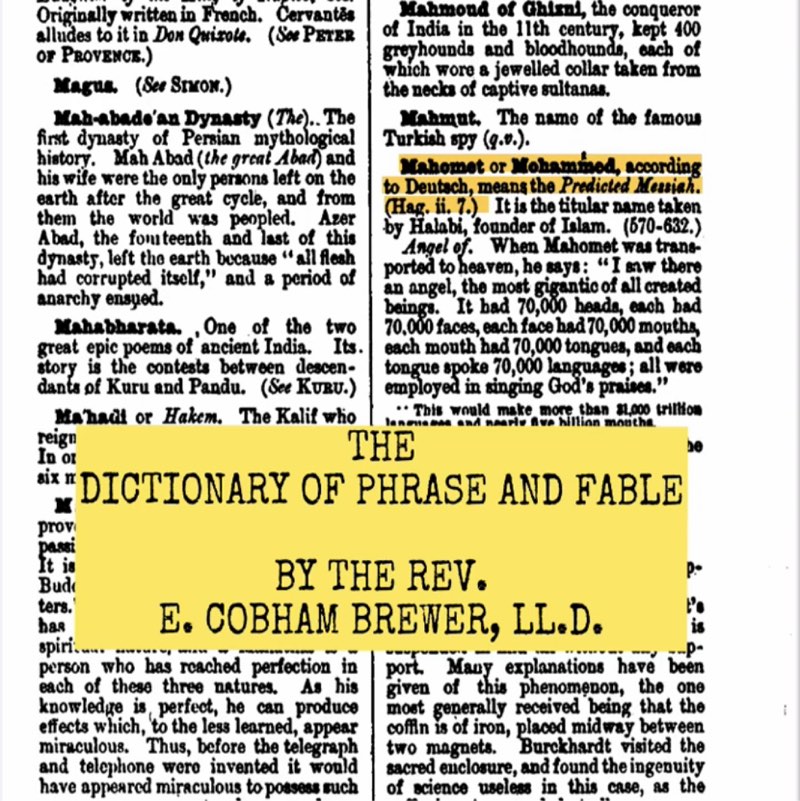Certain scholars posit a connection between the root letters of the name Muhammad and the root letters of the term “Desire” in Haggai 2:7. How do they present their argument?
Certain scholars, particularly from Islamic perspectives, posit a connection between the root letters of the name Muhammad and the term "Desire" in Haggai 2:7. This argument is based on linguistic similarities and the shared root letters in both terms.
Linguistic Basis
1. Root Letters:
The name Muhammad (محمد) in Arabic is derived from the triconsonantal root Ḥ-M-D (حمد), which means "to praise" or "praiseworthy". Similarly, the Hebrew term "Desire" in Haggai 2:7, rendered as Hemdah (חֶמְדָּה), also originates from the root Ḥ-M-D, which means "desire" or "precious".
2. Interpretation of Haggai 2:7:
The verse in Haggai 2:7 states, "I will shake all nations, and the Desire of All Nations shall come, and I will fill this temple with glory," says the Lord of hosts. The term "Desire" (Hemdah) here is interpreted by some Muslim scholars as a reference to Muhammad, based on the shared root letters and the meaning of the words.
Argument Presentation
Semantic Connection: Scholars argue that since both terms share the same root and have related meanings (praise and desire), there is a semantic connection that can be drawn between them. This connection is used to suggest that the "Desire of All Nations" mentioned in Haggai 2:7 could be a prophetic reference to Muhammad.
Prophetic Interpretation: Some Islamic scholars interpret the prophecy in Haggai 2:7 as foretelling the coming of Muhammad. They argue that just as "Desire" (Hemdah) is something precious and longed for, Muhammad, whose name means "praised" or "praiseworthy," fulfills this role as the one who is desired by all nations.
Contextual Application: These scholars often extend the interpretation to suggest that the prophecy's reference to filling the temple with glory could be metaphorically linked to the spiritual and religious influence Muhammad had, particularly in the context of his Night Journey from Mecca to Jerusalem and then to the seventh heaven to meet God.
Scholarly Reception
It is important to note that this interpretation is not universally accepted among scholars. Many Christian and Jewish scholars interpret "Desire of All Nations" differently, often seeing it as a reference to the Messiah or to the treasures and offerings brought to the temple, rather than a specific individual like Muhammad. The plural verb used in the original Hebrew text also complicates the interpretation of "Desire" as a singular person.
In summary, the argument connecting the root letters of Muhammad's name and the term "Desire" in Haggai 2:7 is primarily based on linguistic similarities and is mainly supported by Islamic scholars. This interpretation is not widely accepted in broader scholarly circles, where different understandings of the term "Desire" prevail.


